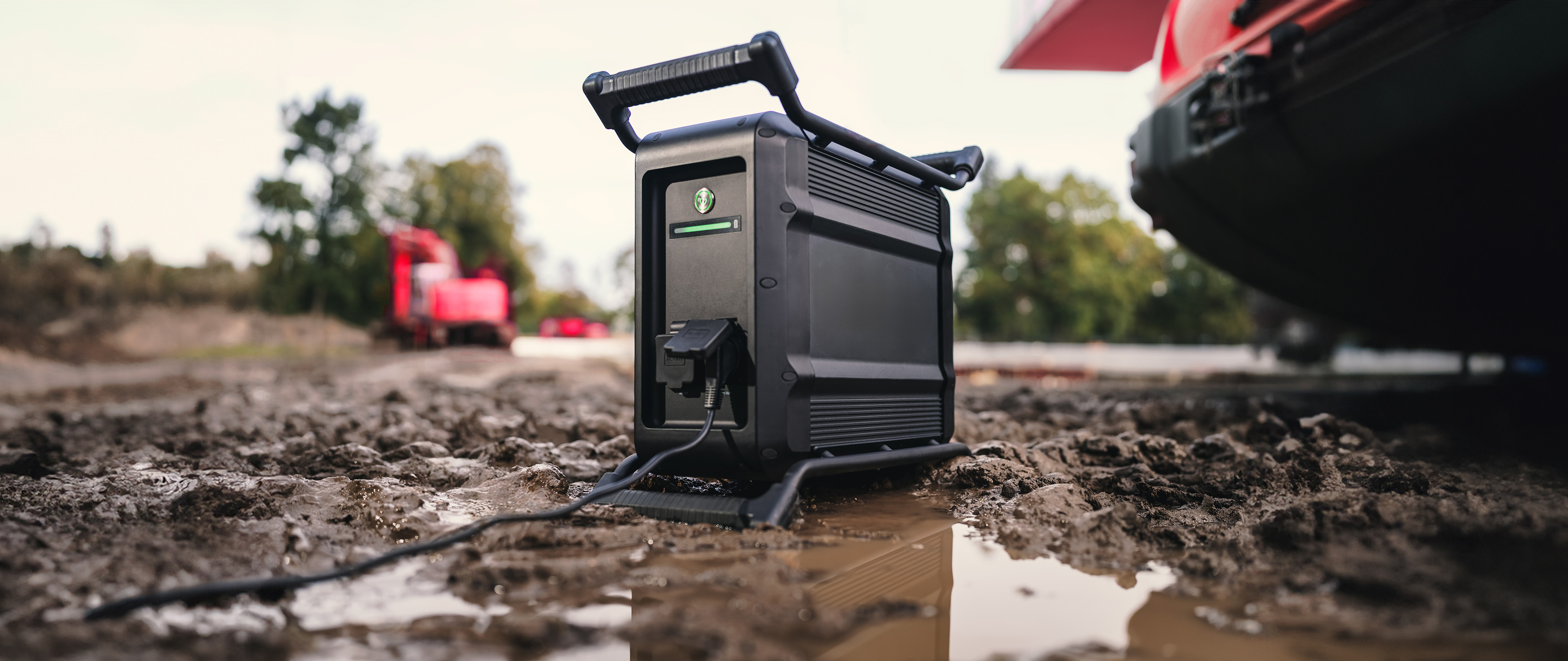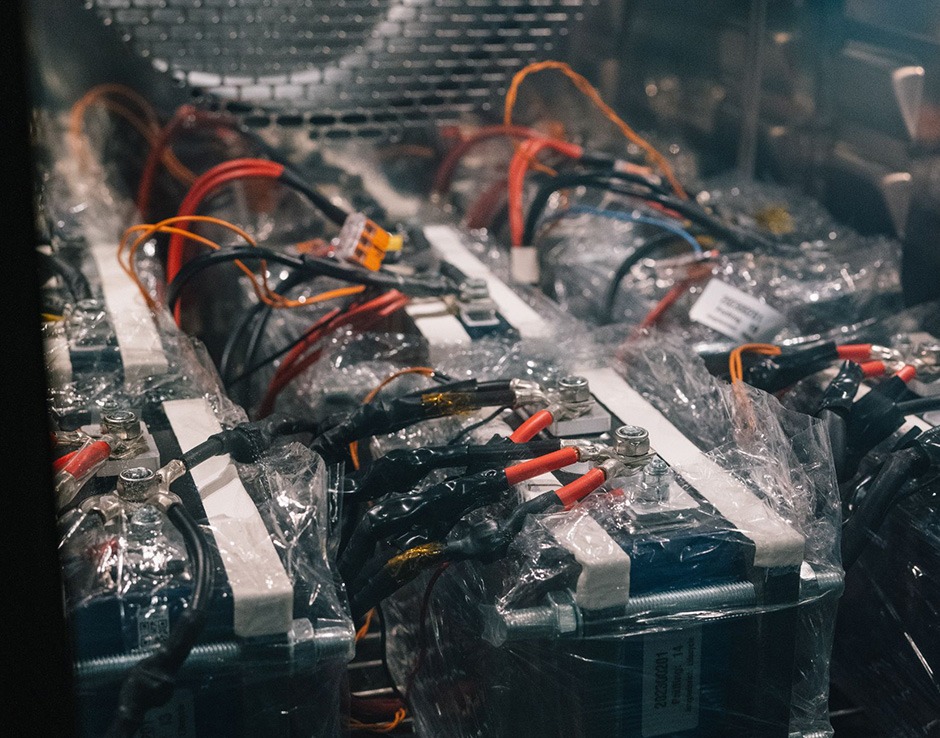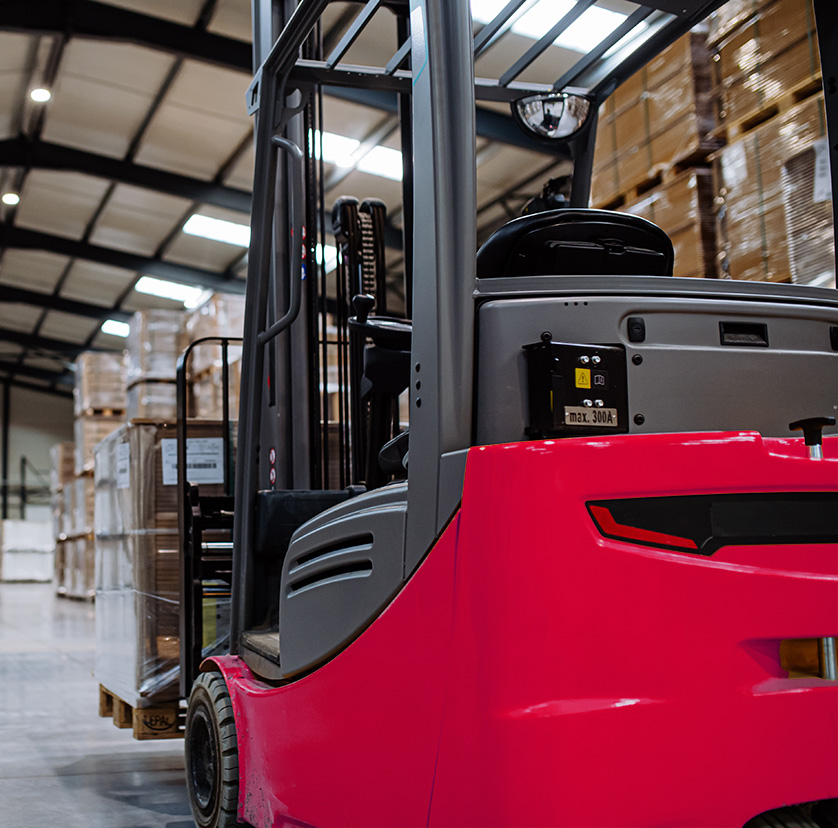IEC 62133-2

IMPORTANT IN BRIEF
IEC 62133-2
IEC 62133-2 is an international standard that specifies safety requirements for portable, gas-tight secondary cells and battery packs made from them with alkaline or other non-acid electrolytes. It is one of the central safety specifications for rechargeable lithium-ion batteries and ensures a uniform standard in battery testing. Together with IEC 62133-1, it replaced the previous IEC 62133 in 2017.
Batteryuniversity is an independent and accredited testing laboratory specialising in battery testing and certification of lithium-ion batteries. We offer you all the tests required to obtain IEC 62133-2 certification: from mechanical stress tests and electrical test procedures to abuse tests to identify and minimise short circuits and other potential risks. We pay particular attention to ensuring that the tests for gas-tight secondary cells are carried out precisely and in accordance with standards. Our tests also take into account the specific properties of alkaline and acidic electrolytes.

Benefit from the advantages of certification to IEC 62133-2 by our test laboratory
Recognised testing laboratory
As an officially recognised Certified Body Testing Laboratory (CBTL) in the IECEE CB procedure, we offer globally valid certification in accordance with IEC 62133-2, giving you international market access for your rechargeable battery packs that meet all the necessary safety requirements.
Many years of experience
We have specialised in battery testing and certification of lithium-ion batteries for over 15 years. With in-depth expertise and up-to-date knowledge of standards such as IEC 62133-2, we ensure that your batteries are tested in accordance with the relevant standards. Our experience covers a wide range of battery types.
Tests from a single source
We provide you with all the necessary tests for IEC 62133-2 certification in one place. Our modern test laboratory carries out mechanical, electrical and other safety-related tests to check your lithium-ion batteries and ensure compliance with the standard. The tests for misuse are particularly important here in order to recognise potential risks at an early stage.
Fast market access
Thanks to efficient testing processes, we deliver fast and precise test results that fulfil all permissible requirements. In this way, we enable rapid certification so that you can launch your products on the market without delay.
Latest laboratory technology
Our laboratory is equipped with high-quality testing devices and state-of-the-art technology for precise battery testing. As an accredited and independent test laboratory, we utilise the latest technology and are continuously expanding our capacities. We test both button cells and high-performance industrial batteries.
Customised test procedures
Every battery has specific requirements that we take into account with customised test methods. Whether portable medical technology, button cells or high-performance industrial energy storage devices, we design our tests individually according to the requirements of your battery and fulfil the IEC 62133-2 standard. Our test methods are strictly based on the standard specifications.

The IEC 62133-2 safety standard and its significance for lithium-ion batteries
Lithium-ion batteries can be found in numerous end devices today, from portable electrical appliances to complex energy storage systems. Their high energy density makes them powerful, but also harbours risks such as short circuits, overcharging or thermal instability. IEC 62133-2 specifies safety requirements to ensure that batteries function reliably even under foreseeable loads.
Without a conformity test in accordance with this standard, approval problems or even safety-critical failures may occur. As a recognised testing laboratory, Batteryuniversity supports you in the certification process and ensures that your batteries are approved smoothly.
Download CBTL certificate
THIS IS HOW THE IEC 62133-2 TEST IS CARRIED OUT BY US
Certification in accordance with IEC 62133-2 includes various tests that check the resistance and safety of the battery in different scenarios:
Mechanical tests
-
Impact test
-
Vibration test
-
Drop test
Electrical tests
-
Short circuit
-
Overloaded
-
Deep discharge
Abuse tests
-
Nail penetration
-
Thermal load
Our modern laboratories ensure that your batteries fulfil all the required IEC 62133-2 safety requirements. Thanks to efficient processes, we avoid long waiting times and enable fast certification.
FREQUENTLY ASKED QUESTIONS & ANSWERS
IEC 62133-2 is an international standard that specifies safety requirements for lithium-ion batteries and accumulators. It includes tests for mechanical, electrical and thermal safety to ensure safe use in end devices.
IEC 62133-2 is specifically based on rechargeable lithium-ion batteries, while IEC 62133-1 applies to nickel-cadmium and nickel-metal hydride batteries.
The standard includes specifications on safety requirements for lithium batteries, including test methods for overcharging, short circuits, mechanical stress and thermal stability.
IEC 62133-2 applies to rechargeable lithium-ion and lithium-polymer batteries used in portable and industrial applications.
Manufacturers of lithium-ion batteries and device manufacturers who integrate batteries into their products need certification in order to fulfil regulatory requirements and secure global market access.
We offer complete battery testing in accordance with IEC 62133-2 with short turnaround times, state-of-the-art laboratory technology and a high level of expertise. Everything from a single source and internationally recognised.
INFORMATION ABOUT THE AUTHOR
Alexander Roth
Alexander Roth is head of the test laboratory at Batteryuniversity and an expert in the testing and certification of lithium-ion batteries.







